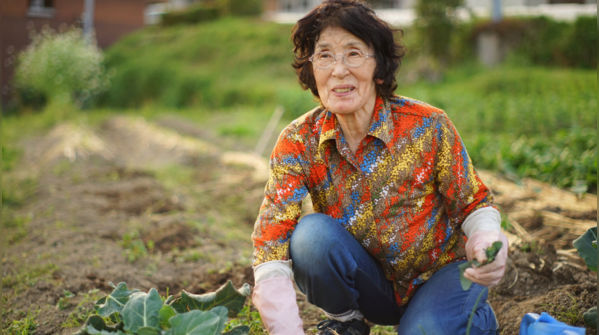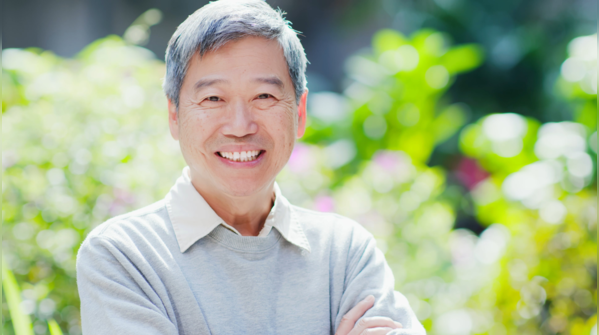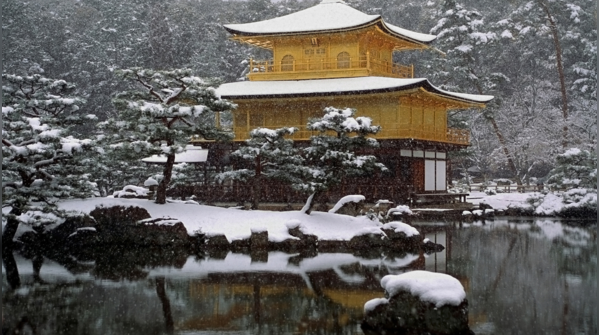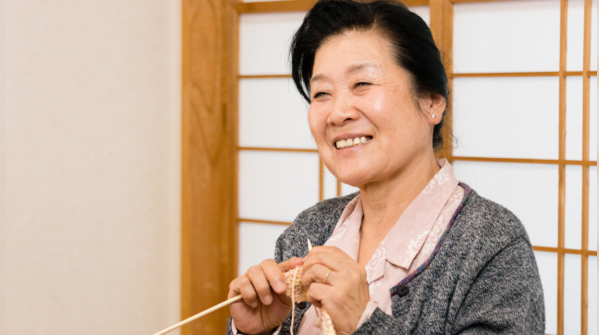Ogimi, a small village nestled on the subtropical island of Okinawa, Japan, is globally recognized as the Village of Longevity. With a population of fewer than 3,000, it's a place where living past 100 is not an anomaly but an expectation. Researchers have long studied the lifestyles of Ogimi's elders, seeking to understand the secrets behind their remarkable health and longevity. The Okinawa Centenarian Study, led by Dr. Makoto Suzuki and Dr. Bradley Willcox, has provided valuable insights into the unique cultural philosophies that contribute to their extended lifespans.
Here are three key lessons from Ogimi that you can incorporate into your own life, without resorting to expensive superfoods or complex biohacks:

The practice of "hara hachi bu", eating until 80% full, is well-known. However, in Ogimi, it's more than just a dietary guideline; it's a ritual of gratitude. Before each meal, villagers recite “Itadakimasu,” expressing humble reception and gratitude. This mindful moment slows down the pace of life, honoring the food, the farmers, and the earth.
Meals are savored slowly, often served in small dishes that emphasize texture and seasonal colors. This approach not only aids digestion but also fosters a deeper appreciation for the present moment.
Dr. Bradley Willcox emphasizes that their approach to eating is a powerful aspect of their lifestyle. "They eat low-calorie, nutrient-dense foods, but it’s their approach to eating that’s so powerful. It’s respectful, balanced, and tied to community.”

The "moai" is a cornerstone of Ogimi's social structure. It's a lifelong social group of friends who provide each other with emotional, financial, and spiritual support. These are not casual acquaintances but committed alliances, often formed in childhood and sustained throughout life.
Every individual belongs to a moai, fostering a shared sense of purpose in growing old together. This support system, characterized by group meals and shared activities, is an integral part of daily life.
Moais provide more than just companionship. They offer accountability, emotional support, laughter, and protection against loneliness. Research suggests that loneliness carries a higher mortality risk than obesity or smoking.
Dr. Willcox highlights the importance of social connection, stating, “Social connectedness is their health insurance. That’s why they age so gracefully, with fewer chronic illnesses.”

In Ogimi, nature is not a weekend escape, but an immersive environment. Villagers engage in daily walks through lush hills, pray in sacred groves, and maintain vegetable gardens well into their 90s. Nature is not merely decoration; it's a guiding force.
Instead of structured gym workouts, the elders engage in physical activity through gardening, climbing steps, and participating in festivals. They maintain a close connection with the soil and the ocean.
This intimate relationship with the land fosters patience, rhythm, and acceptance. Seasonal eating and living in sync with the sunrise and sunset align the body’s circadian rhythms, which are now scientifically linked to improved metabolism and mood regulation.
As one 104-year-old resident shared in an interview, "In every leaf and root, there’s a rhythm. We just follow it.”

Living like the people of Ogimi doesn't require relocating to Japan. However, it does necessitate a critical examination of the fast-paced and disconnected nature of modern life. Incorporating slow meals, cultivating a strong circle of trusted friends, and spending more time in nature can gently guide the body and mind toward a state of balance. The key is intention, not excess.

Newer articles
 Greg Chappell: Rishabh Pant is Revolutionizing Cricket with Unconventional Batting Style
Greg Chappell: Rishabh Pant is Revolutionizing Cricket with Unconventional Batting Style
 Earth's Spin Accelerates: Scientists Predict Possible Negative Leap Second by 2029
Earth's Spin Accelerates: Scientists Predict Possible Negative Leap Second by 2029
 Samsung Galaxy A35 5G and A55 5G: Official Pricing and Availability Announced
Samsung Galaxy A35 5G and A55 5G: Official Pricing and Availability Announced
 3 Secrets to a Longer, Healthier Life: Lessons From Japan's Longevity Village
3 Secrets to a Longer, Healthier Life: Lessons From Japan's Longevity Village
 Silent Signals: Heed These Early Heart Attack Warning Signs
Silent Signals: Heed These Early Heart Attack Warning Signs
 Prediabetes Warning: 5 Subtle Signs Your Body Could Be Signaling High Blood Sugar
Prediabetes Warning: 5 Subtle Signs Your Body Could Be Signaling High Blood Sugar
 Gujarat Cricket Association Set to Launch New T20 League, Aiming to Boost Local Talent
Gujarat Cricket Association Set to Launch New T20 League, Aiming to Boost Local Talent
 Raducanu Shuts Down Alcaraz Dating Rumors, Confirms US Open Mixed Doubles Pairing
Raducanu Shuts Down Alcaraz Dating Rumors, Confirms US Open Mixed Doubles Pairing
 'The Traitors' Star Apoorva Mukhija Accuses Sudhanshu Pandey of Misogyny and Abusive Language After On-Screen Criticism
'The Traitors' Star Apoorva Mukhija Accuses Sudhanshu Pandey of Misogyny and Abusive Language After On-Screen Criticism
 Prasidh Krishna Vows to Sharpen Bowling Accuracy and Cut Run Rate in Upcoming Tests
Alternatively (shorter):
Prasidh Krishna Targets Length Improvement, Lower Economy After Costly Outing
Prasidh Krishna Vows to Sharpen Bowling Accuracy and Cut Run Rate in Upcoming Tests
Alternatively (shorter):
Prasidh Krishna Targets Length Improvement, Lower Economy After Costly Outing